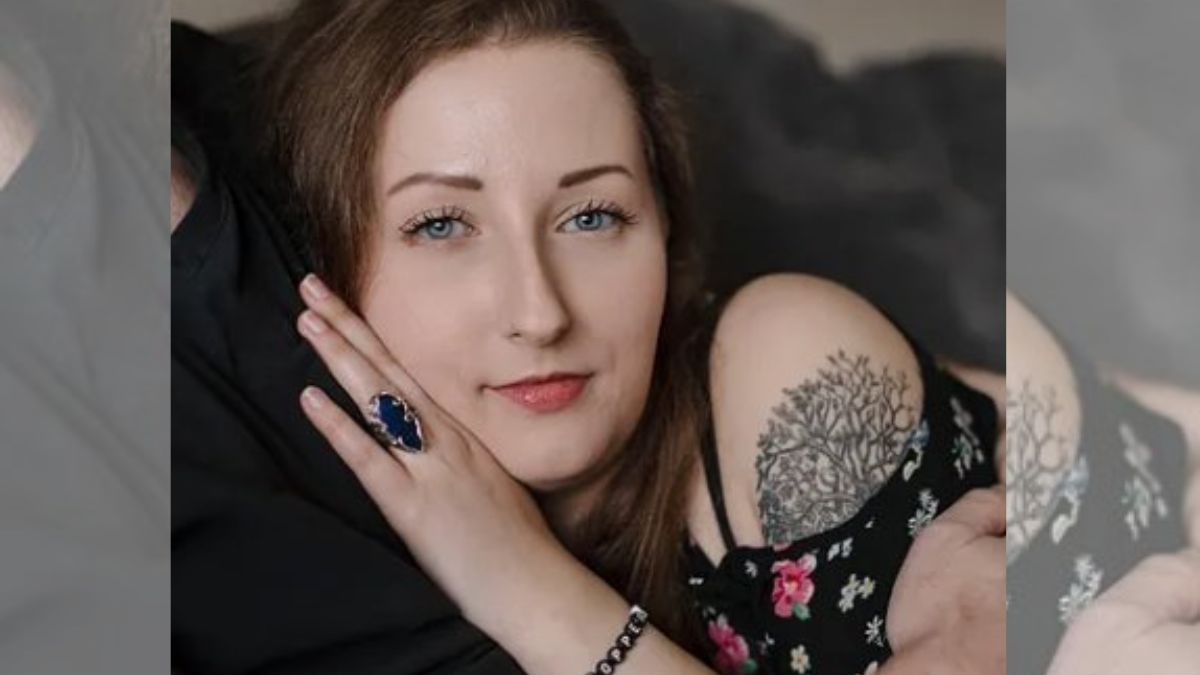A 29-year-old Dutch woman has got approval to legally end her life. Zoraya ter Beek’s request for assisted dying was granted reportedly on the grounds of mental health suffering.
Her choice has stirred a debate across Europe over euthanasia. The Netherlands was the first country to legalise euthanasia and doctor-assisted suicide under stringent conditions in 2002.
Dutch law allows euthanasia for patients who have “unbearable suffering with no prospect of improvement” and have requested to die in a way that is “voluntary, well-considered and with full conviction”.
Let’s take a closer look.
Why a young Dutch woman is seeking euthanasia
Zoraya ter Beek is struggling with chronic depression, anxiety, trauma and unspecified personality disorder, as per The Guardian report.
According to The Free Press article published last month, Zoraya once wanted to become a psychiatrist but could not find the “will” to complete school or begin a career.
Her battle with mental illnesses began in early childhood. She got a ‘do not resuscitate’ badge when she was 22, which is usually worn by elderly people, reported Daily Mail.
Zoraya told The Guardian that when she met her partner she thought the safe environment in the relationship would heal her. “But I continued to self-harm and feel suicidal.”
Zoraya lives with her boyfriend, a 40-year-old IT programmer, and their two cats in a little Dutch town near the German border.
She has tried several treatments, including talking therapies, medication and over 30 sessions of electroconvulsive therapy (ECT). “In therapy, I learned a lot about myself and coping mechanisms, but it didn’t fix the main issues. At the beginning of treatment, you start out hopeful. I thought I’d get better. But the longer the treatment goes on, you start losing hope,” Zoraya told The Guardian.
She said that after 10 years there was “nothing left” regarding treatment. “I knew I couldn’t cope with the way I live now.”
Speaking to The Free Press, she recalled her psychiatrist telling her that “there’s nothing more we can do for you. It’s never gonna get any better.”
‘Free from life’
Zoraya finished ECT in August 2020 and after “accepting” that “there was no more treatment”, she applied for assisted dying in December of that year.
“I was on a waiting list for assessment for a long time, because there are so few doctors willing to be involved in assisted dying for people with mental suffering. Then you have to be assessed by a team, have a second opinion about your eligibility, and their decision has to be reviewed by another independent doctor,” she told The Guardian.
Zoraya said that in these years she did not feel “guilty” about her decision or hesitate about it. “ I have a partner, family, friends and I’m not blind to their pain. And I’ve felt scared. But I’m absolutely determined to go through with it,” the 29-year-old said.
She plans to leave the world on the couch in the living room at her home with “no music”, reported The Free Press.
A medical team will come to her home on the day the process is supposed to take place. “They’ll start by giving me a sedative, and won’t give me the drugs that stop my heart until I’m in a coma. For me, it will be like falling asleep. My partner will be there, but I’ve told him it’s OK if he needs to leave the room before the moment of death,” she told The Guardian.
Zoraya says she does not see the procedure as her “soul leaving, but more as myself being freed from life,” as per The Free Press report.
Once she dies, a euthanasia review committee will assess her death to ascertain the doctor followed “due care criteria”. Later, the Dutch government is expected to announce Zoraya’s life was lawfully ended, the report added.
ALSO READ: Will France legalise assisted dying? Which other European countries allow it?
Debate over her case
Zoraya’s case has triggered a conversation about assisted dying.
Speaking to The Guardian, she said when her article was published in April, her inbox “exploded”.
Zoraya said she received multiple comments from outside the Netherlands, especially the United States, with people telling her not to go ahead with it and that her “life is precious”.
Experts have also raised questions about the Netherlands’ euthanasia laws, which were expanded last April to include terminally ill children aged 12 and below.
Stef Groenewoud, a healthcare ethicist at the Netherlands’ Theological University Kampen, told The Free Press that physicians and psychiatrists are now treating euthanasia as “some sort of acceptable option” instead of the “ultimate last resort”.
“I see the phenomenon especially in people with psychiatric diseases, and especially young people with psychiatric disorders, where the healthcare professional seems to give up on them more easily than before.”
While assisted dying for people with mental illnesses in the Netherlands is uncommon, the numbers are rising. As per The Guardian, there were two such cases in 2010. This increased to 138 in 2023 when the country reported 9,068 euthanasia deaths.
Euthanasia remains a divisive issue around the world. Zoraya told the British newspaper that she understands that cases like hers are controversial.
“People think that when you’re mentally ill, you can’t think straight, which is insulting,” she told The Guardian. “I understand the fears that some disabled people have about assisted dying, and worries about people being under pressure to die.
“But in the Netherlands, we’ve had this law for more than 20 years. There are really strict rules, and it’s really safe.”
Zoraya is likely to end her life in the coming weeks.
With inputs from agencies
(A collection of Suicide prevention helpline numbers are available here . Please reach out if you or anyone you know is in need of support. The All-India helpline number is: 022-27546669)


)



